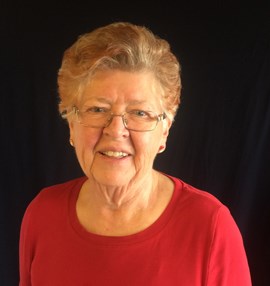“How do I love thee? Let me count the ways.” There are few of us, at least of my generation for sure, who are not familiar with that question. Taken from her book, Sonnets from the Portuguese, and first published in 1850, it was Elizabeth Barret Browning’s written expression of love to eventually-to-be husband, Robert. To put it mildly, Elizabeth had a challenging life what with a domineering father who refused to give her permission to marry Robert and with health issues that contributed to a lonely and reclusive life. At nearly 40 years of age she finally was able to marry and later gave birth to their son. In 1861 she died, after just 16 happy years of marriage.
Although few have penned it in such elegant words, it’s not hard to read, hear or listen to any number of expressions of love. In fact, it’s the theme, it seems, of every possible idea or movement ranging from environmental protests to religious sects and more. For one thing, the word “love” is easy to spell, to say and to toss about. The only trouble, at least for me, is that our human nature often gets in the way.
Genuine and godly love is spoken of throughout the Bible, but recently I’ve been reading extensively through the writings of the apostle John in his messages to the newly founded Christian church. Sadly, it hadn’t taken long for cracks to appear in the unity of those new believers and John lays out in detail what real and godly love looks like. In fact, he links two major responsibilities of those who call themselves Christians: believe in Jesus and love one another.
“My little children, let us not love in word or in tongue, but in deed and in truth.” (1 John 3:18)



